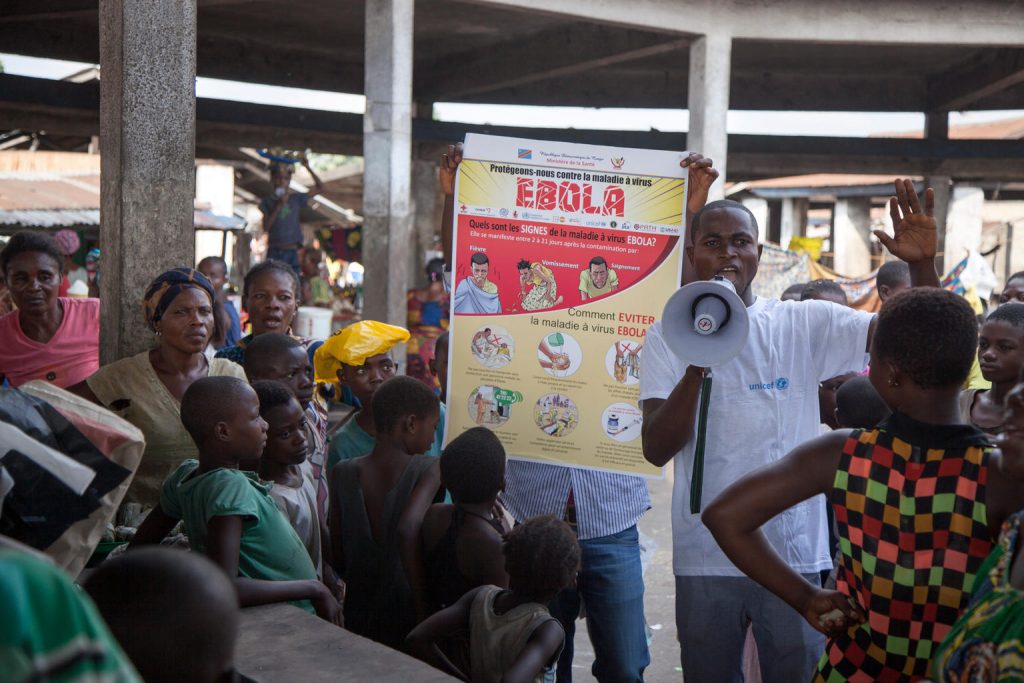Anthropology’s response to the West African Ebola epidemic was one of the most rapid and expansive anthropological interventions to a global health emergency in the discipline’s history. This article sets forth the size and scale of the anthropological response and describes the protagonists, interventions, and priorities for anthropological engagement. It takes an inclusive approach to anthropological praxis by engaging with the work of nonanthropologist “allies,” including qualitative researchers, social workers, and allied experts.
The article narrates how the concept of “anthropology” came to serve as a semantic marker of solidarity with local populations, respect for customary practices and local sociopolitical realities, and an avowed belief in the capacities of local populations to lead localized epidemic prevention and response efforts. Of particular consideration is the range of complementary and conflicting epistemological, professional, and critical engagements held by anthropologists. The article also discusses how to assess anthropological “impact” in epidemics.



